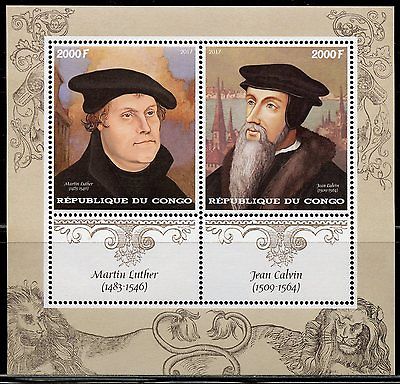I think it’s fair to say this will not be one of the easier episodes, because Polanus lays out quite a bit of difficult material here, and it’s all interconnected. We are nearly done with the very long Axiom 14. This sub-section of the axiom
Essay / Theology
